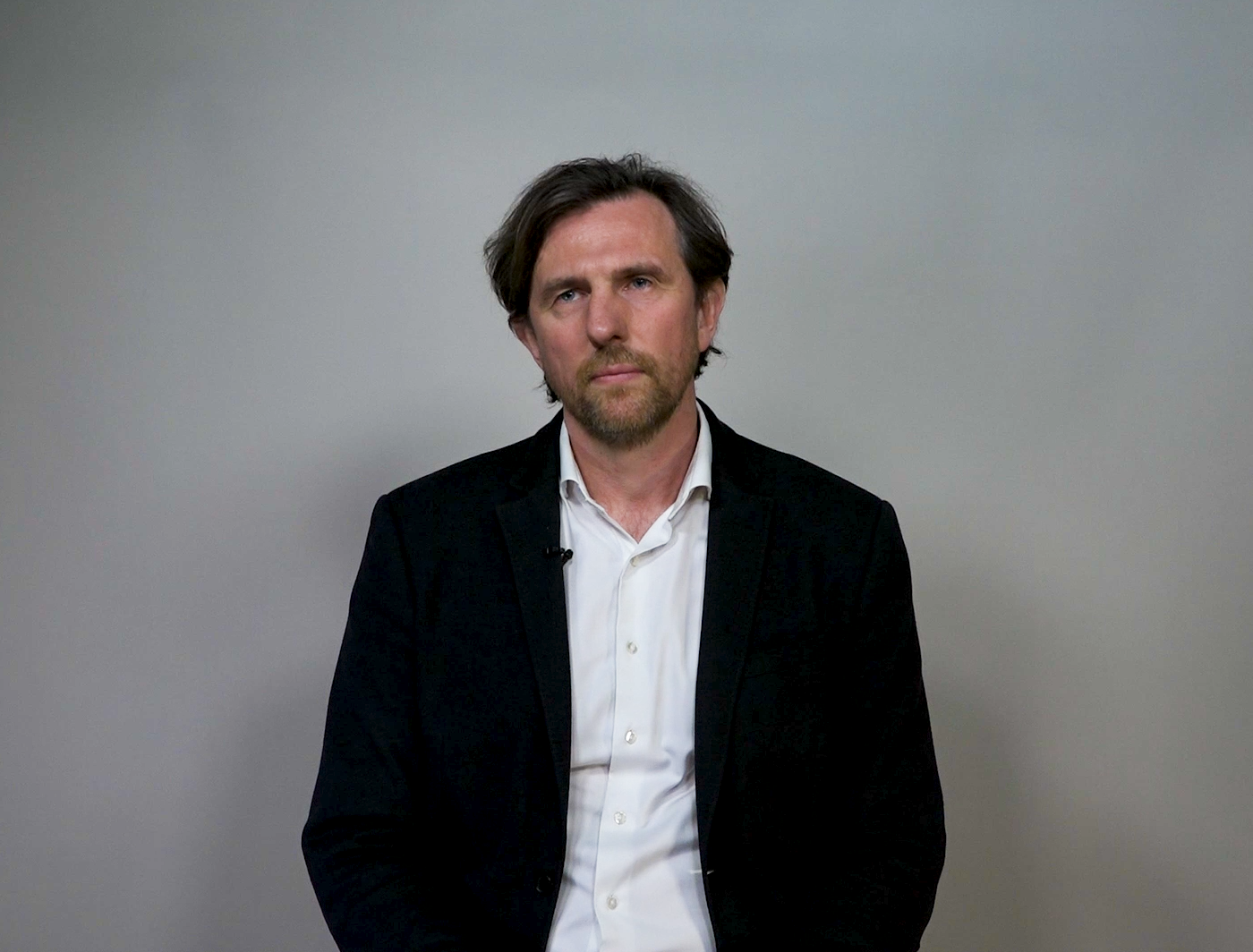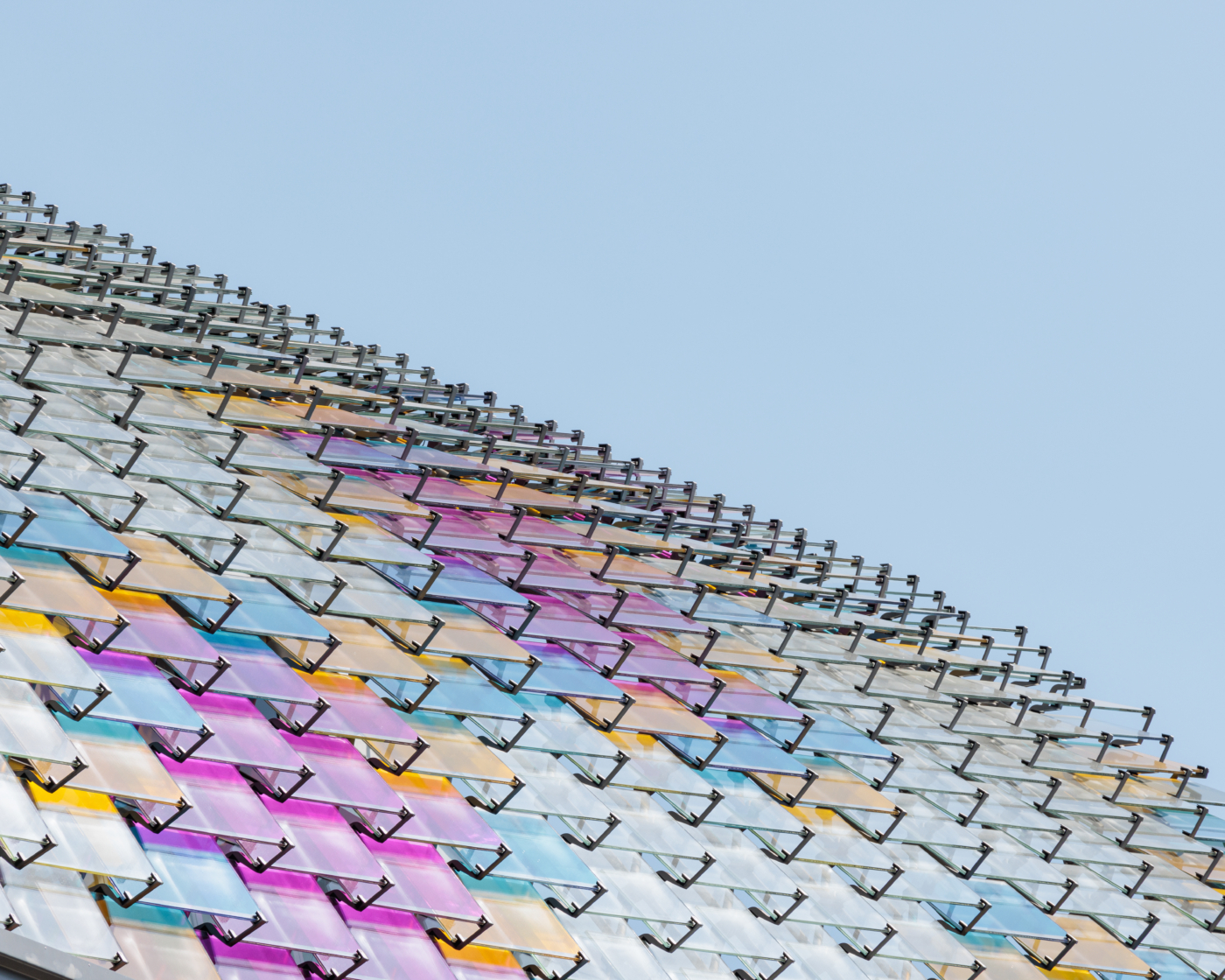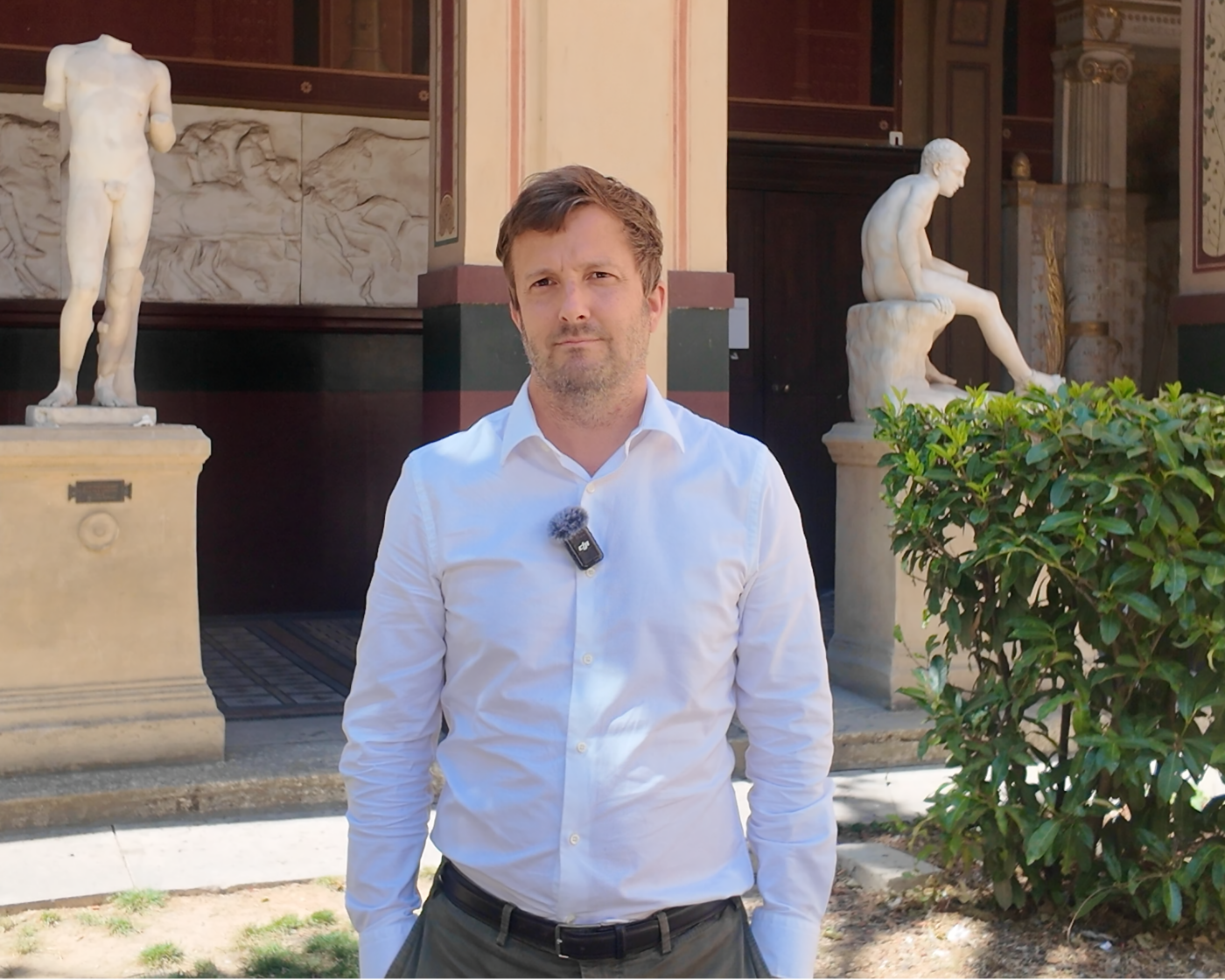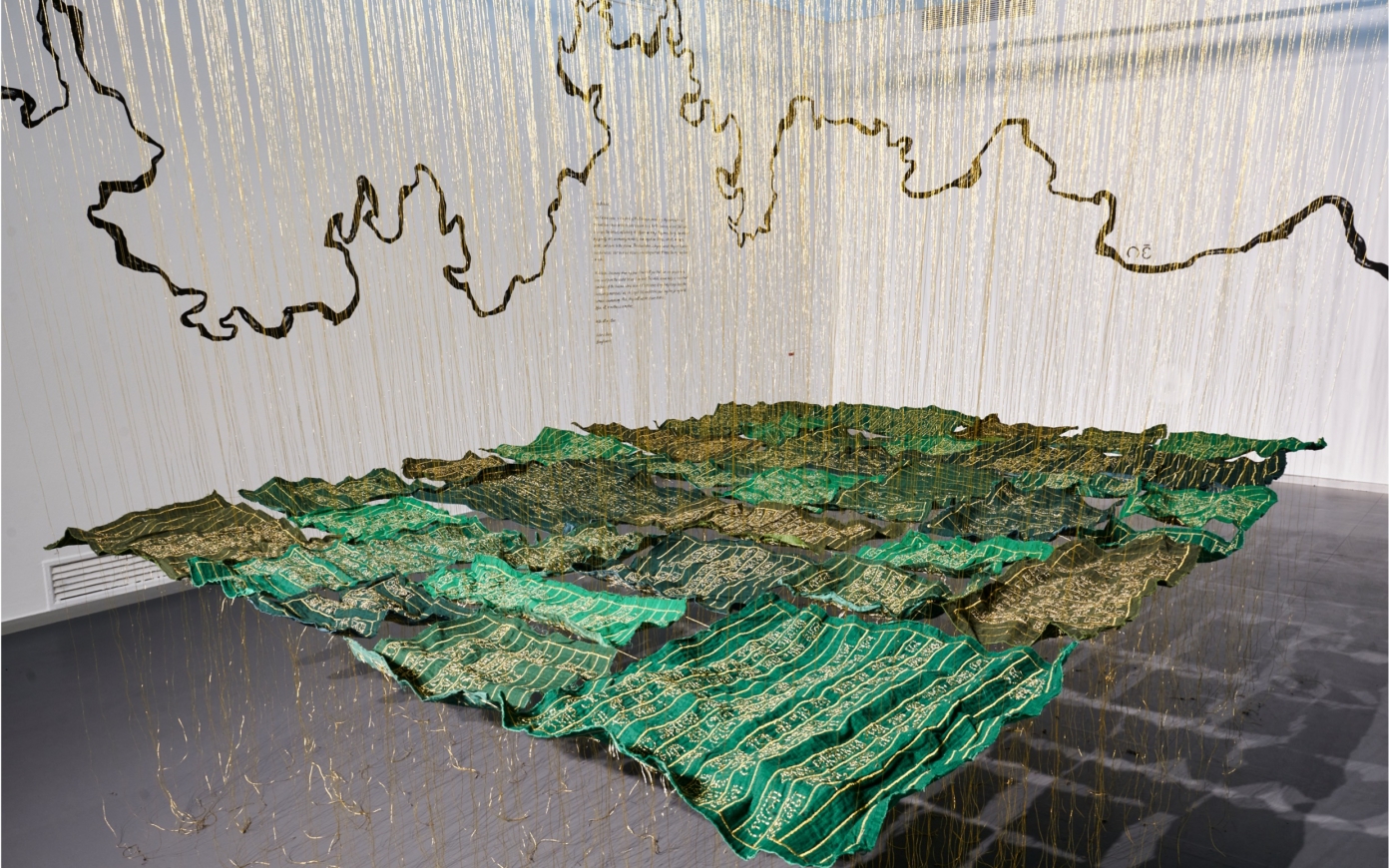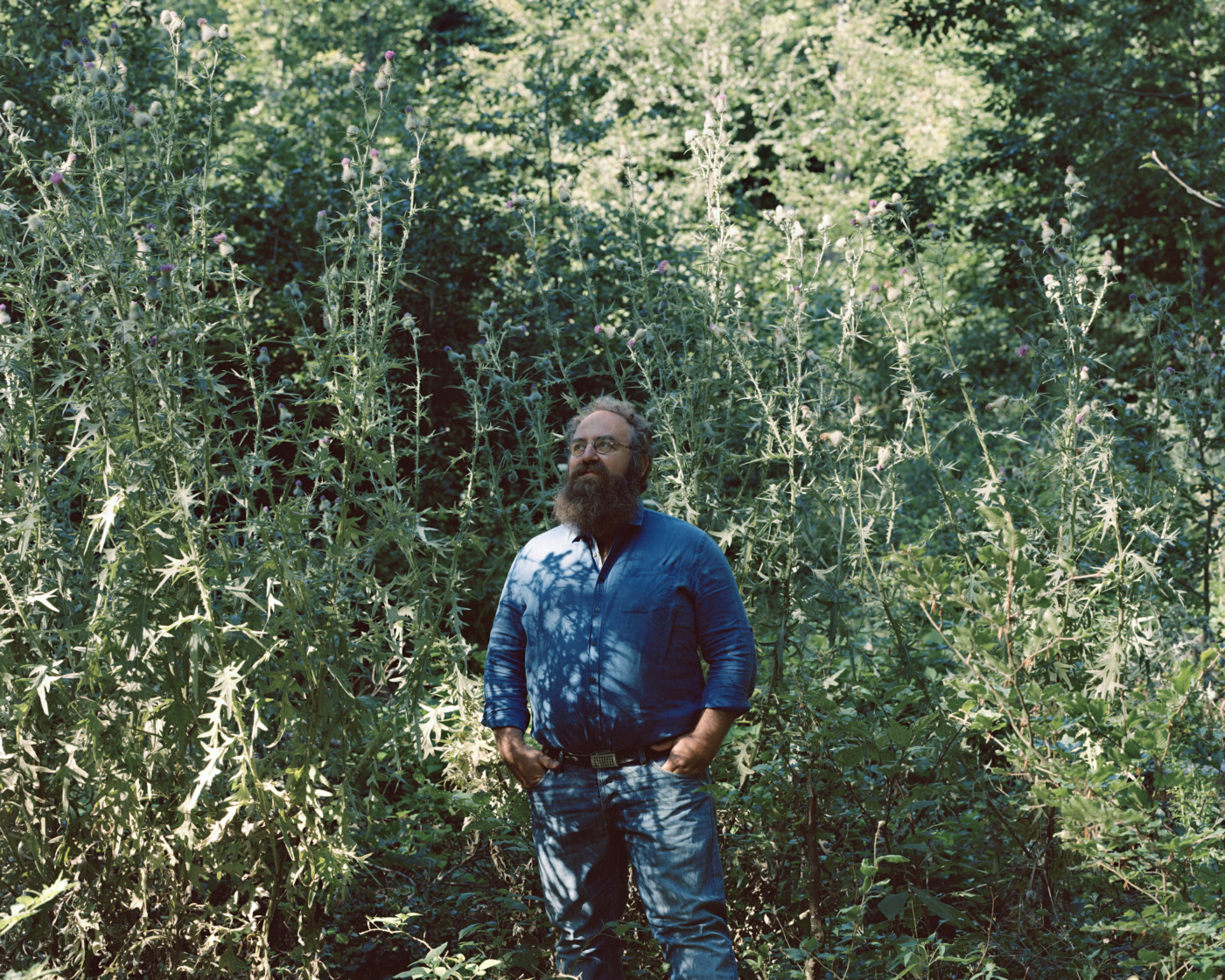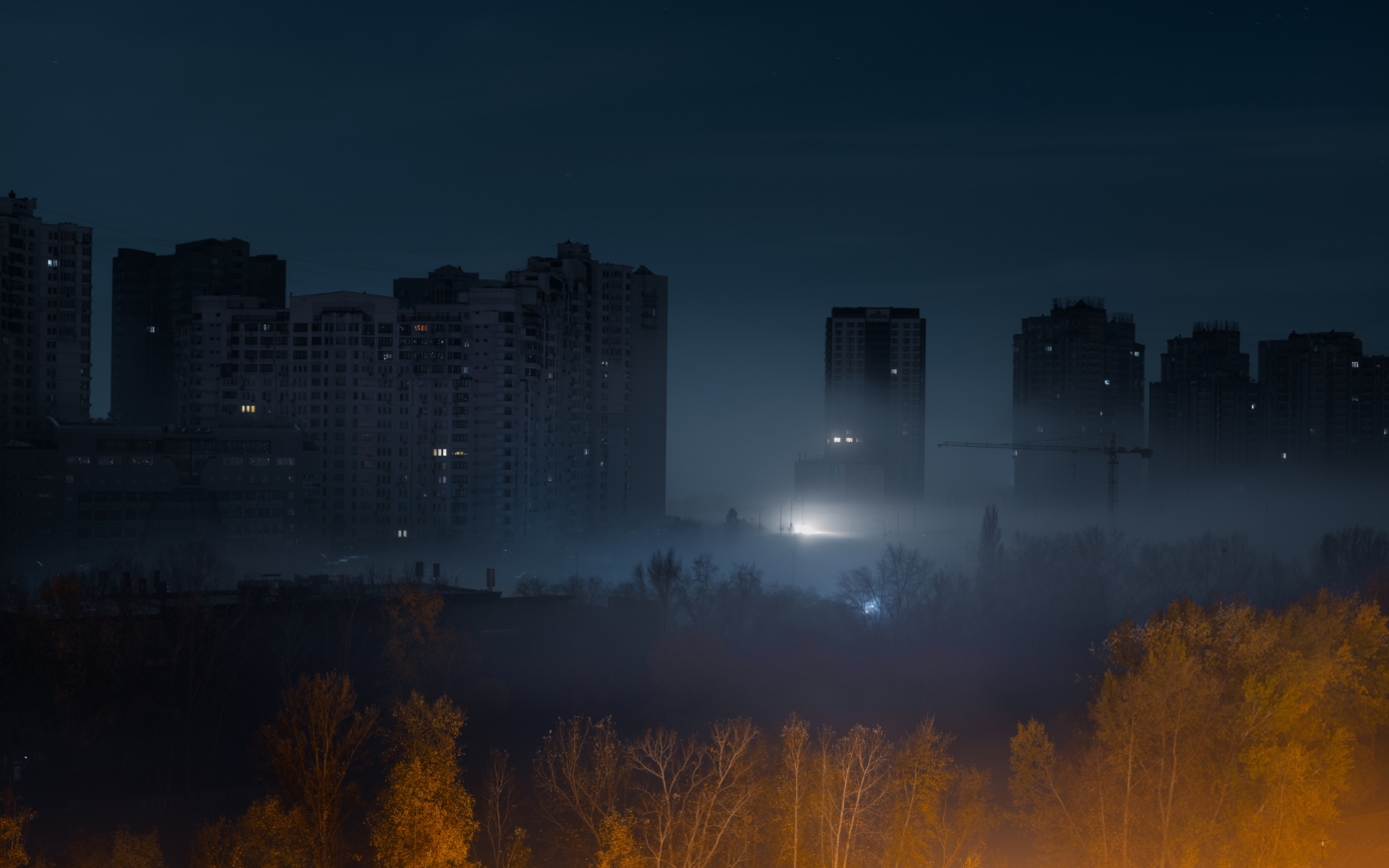Investigating, collecting, prefiguring: the case of Marseille’s MuCEM
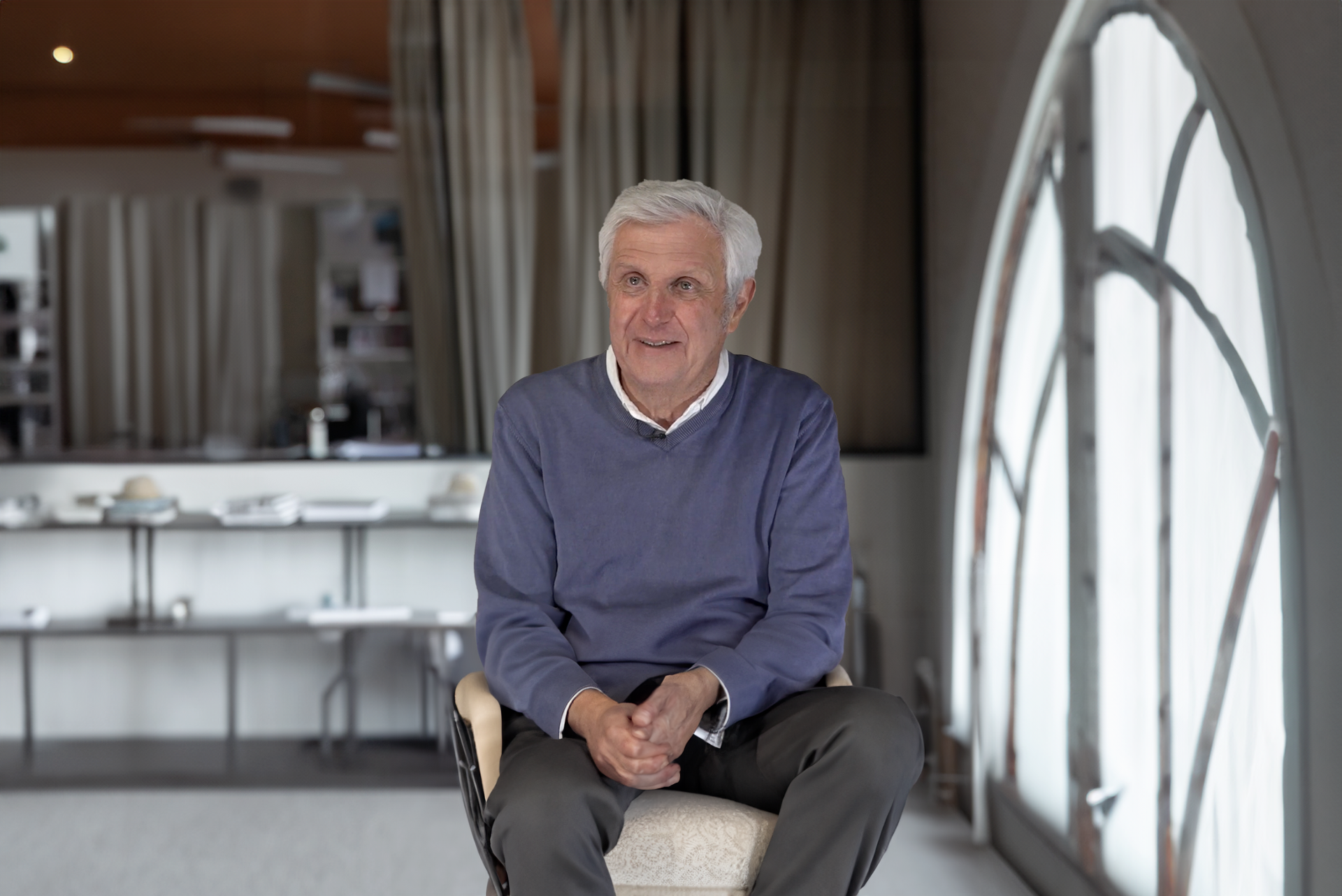
- Publish On 7 July 2021
- Denis Chevallier
- 5 minutes
Denis Chevallier has headed MuCEM’s Research and Education Department since its inception. An ethologist and museum curator, he was tasked with prefiguring the new museum and ran many ‘collection surveys’ to inform its exhibitions, emphasizing objects to foster connections as is key in achieving a socially relevant museum.

